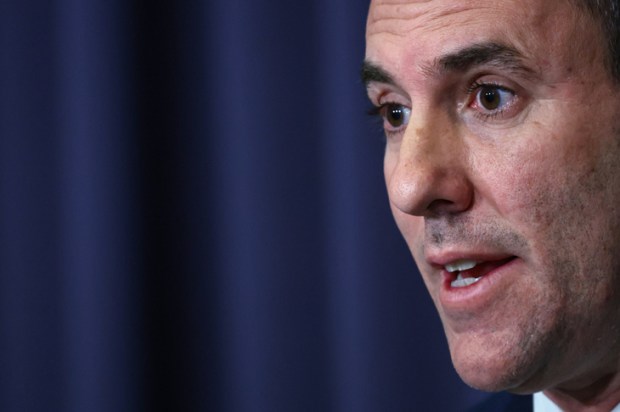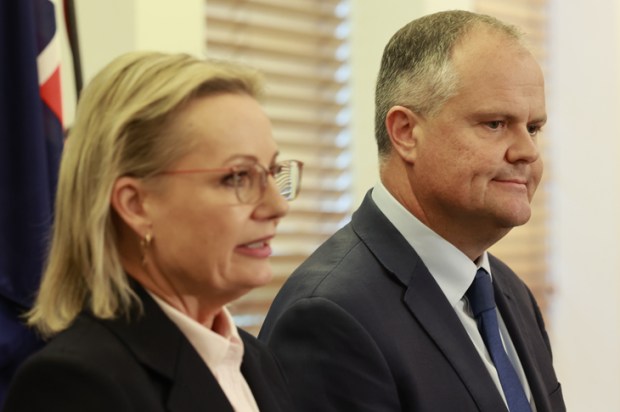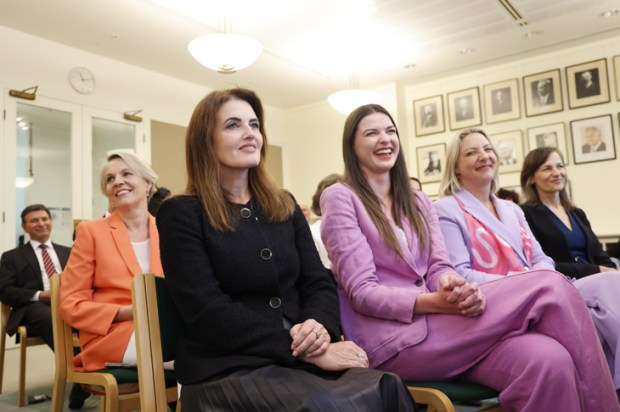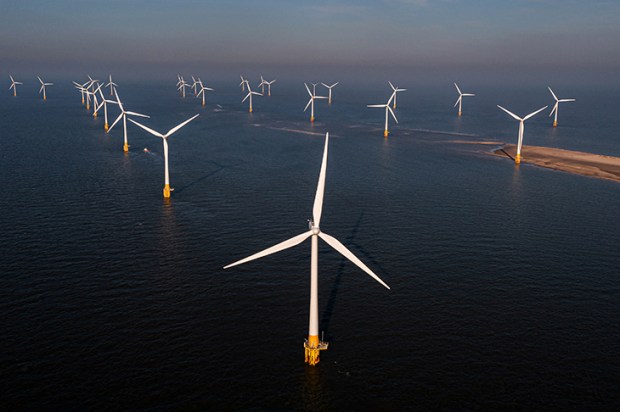On present indications, the Coalition is heading for a loss in the coming election. The big excuse for this debacle is that,‘These are early days and there are still four weeks to go.’ But if these are early days, what do they have in store for us in the next four weeks? Just a few months ago, the Coalition was gifted with the ideal scenario for an opposition going into an election. The cost of living was becoming unbearable, with power bills and insurance sky-rocketing. The government’s climate policy to rely on so-called renewables, even on its most charitable assessment, was highly dubious. Spending was out of control and being paid for by inflation. The Labor party had produced a bulging public sector with an ever-expanding bureaucracy. And apart from those economic woes, there were the social scars of antisemitism which had been allowed to flourish by a half-hearted response and disgraceful votes by Australia in the United Nations; new restrictions on freedom of expression, and a definite tilt away from personal responsibility. Unavoidable in modern elections, there was also the personality of the leaders: Albanese was increasingly seen as drifting and vacillating and Dutton had the appearance of a leader with the courage of his convictions. What the Labor party had produced was a country that was top-heavy with debt, uncontrolled public spending, lack of enterprise and excessive government intrusion. The government and its leader were definitely on the nose and ripe for being knocked off.
The Coalition thus had immense scope to devise a range of policies based on free enterprise that would have been unchallengeable, popular and vote-winning. Instead, its campaign, at least so far, has been characterised by a complete lack of policies that draw on the tried and tested principles of free enterprise, promoting the strength of the individual and encouraging self-reliance. But the Coalition would apparently rather compete with the Labor party in spending money by playing catch-up and matching one irresponsible extravagance after another. So far as I can see, the policy has been to match every irresponsible bribe of endless government spending like handouts for child-minding which should be the responsibility of parents, and subsidies on power bills which should not be necessary at all with a sensible energy policy.
Where it does have declared policies, they ignore the fact that the federal government already intrudes too much and yet the Coalition seems to want to expand this intrusion, all of which will need more public servants, red tape and more tax money to pay for it. Some of its proposals are simply eccentric, as well as expanding Commonwealth power, like having a Supermarket Commissioner and divestiture powers, which are pure socialism. Others are unrealistic and monumentally expensive, like a proposal to pay for the water, power, and sewerage of 500,000 houses, which would be cripplingly expensive. And the public response has been exactly what one would expect: that the Coalition is simply copying the Labor party and has nothing useful to say. But it could have a lot to say about many things. Here are four to begin with.
First, there should be a declaration that all government economic decisions will be based on encouraging free enterprise, with an annual report to the parliament on how the government has lived up to that promise. Second, the scandalous blocking and delay of development projects should be brought to an end by a Coalition government promising to call them in and approve them. Projects for coal and fossil fuels by themselves would solve our energy crisis. Third, the case for nuclear power is overwhelming. But why on earth should it be the exclusive province of government ownership and investment when the Coalition is supposed to believe in free enterprise? The private sector should be encouraged to go nuclear, with taxation incentives to encourage it. Fourth, the Coalition should promise a ban on the crazy conduct of state governments making, with self-appointed Aboriginal cliques, so-called treaties which are simply designed to stop development and progress. It should declare that only the federal government can enter into treaties, that a treaty for one race is unacceptable and that if elected it would negate all state treaties, as they can only exacerbate the racial divide and prevent the development of this country.
When it comes to presentation of policies, the performance has been equally bad. Take the current imbroglio about the bloated ranks of public servants in Canberra actually being required to do some work in the office. Hardly a radical proposal! It would have been popular and hard to argue against if the Coalition had stuck with it and argued it out. In partnership with its sister policy, reducing the number of public servants, it would have been a powerful declaration that the public sector has to be reined in and that at least some emphasis must be put on the taxpayer getting value for its money. But no, at the first wisp of opposition, Dutton and co. have opted for a series of humiliating backflips and, eventually, the abandonment of the whole policy.
And what has happened to the Coalition’s proud credentials on defence? The only defence policy that has stuck in my mind is Dutton’s refusal even to consider taking part in any peace-keeping force in Ukraine to keep the Russians at bay, the only time in its history when the Liberal party has sided with the aggressor. Nor have the current contributions to the debate been any help. The Coalition should not have voted against the most recent tax cuts, small and all as they were. It has simply given ammunition to the Labor party to say that the Coalition is against tax cuts entirely. The proposal for tax-free lunches and Dutton’s decision to live in Sydney must also have alienated thousands.
It is not too late. But the Coalition should pull its socks up, and quickly.
Got something to add? Join the discussion and comment below.
You might disagree with half of it, but you’ll enjoy reading all of it. Try your first month for free, then just $2 a week for the remainder of your first year.














